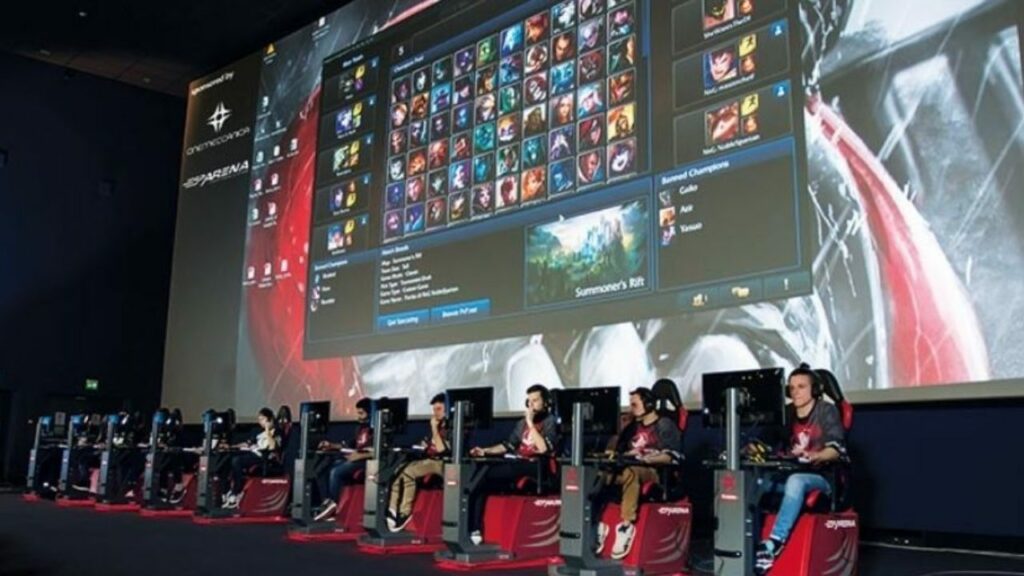In a surprising discovery, a large-scale study has found that playing video games improves cognitive abilities, while regular exercise positively impacts mental health. However, these two activities do not influence each other’s benefits. The Brain and Body study, led by neuroscientist Adrian Owen from Western University, involved more than 2,000 participants and revealed distinct advantages in both areas.

Study Design and Findings
Participants from around the world were invited to complete a lifestyle survey, followed by Creyos online brain games designed to measure various cognitive skills like memory, attention, and reasoning. Around 1,000 participants completed all the tasks. The study showed that playing video games significantly boosted cognitive performance, while exercise improved mental health but did not affect cognition.
Owen explained, “Playing video games was associated with improved cognitive abilities but not better or worse mental health, whereas more physical activity was associated with improved mental health but not better or worse cognitive health.” According to the study’s results, frequent gamers (five or more hours per week) performed cognitively as if they were 13.7 years younger. In contrast, those who played infrequently performed as if they were 5.2 years younger.
The Impact of Exercise on Mental Health
The study also highlighted the mental health benefits of regular physical activity. Participants who exercised more than 150 minutes per week, in line with World Health Organization (WHO) recommendations, were 12% more likely to report no symptoms of depression and 9% more likely to have no anxiety symptoms. The findings indicate that physical activity has the most significant impact on individuals with mild or no mental health symptoms.
Insights into Brain-Body Connections
Despite common beliefs about the brain-body connection, little is understood about how these two aspects affect each other. This study offers valuable insights into how different lifestyle activities contribute to cognitive and mental wellbeing. Owen emphasized the study’s importance, saying, “The results could help all of us choose activities that promote healthy cognitive aging.”
Owen will present the findings at the Manchester Science Festival, where visitors can participate in a follow-up pilot study examining short-term effects of exercise and gaming on cognition.
4o












